Being poor without feeling poor
As I sat, gazing out my family room window, I reminisced, somewhat, about my childhood and adolescent years. I am not one that looks back on, or lives in the past, but I meditate on people’s attitudes — and, mine — to see the connections between what happens in in those lives, ultimately.
I am blessed with a nice and comfortable home presently, and I thank God every day for my good fortune. Has this situation always been the case? No. Our family was poor, when judged by today’s standards — and probably then, too. I felt the stigma of having a couch with holes in it, for a time — and I remember our placing couch covers on top of the sagging cushions. We scrimped by, but we still held our heads high. We dressed as nicely as we could to fit in with those of whom we wanted to associate, and I hesitated to bring certain schoolmates home to spend the night because of the difference between the condition of their houses and mine. I also maintained friends that were in the same predicament as myself. The strange thing about how we maneuvered our lives to blend in, was that out financial circumstances made little difference in my approach to life, except that my brother and I, out of necessity, learned how to work. We felt the satisfaction of independence, according to what we were able to do, age-wise. We siblings knew that if we wanted extras, we had to work to get them. There was no choice, so I sewed pretty dresses and skirts and I delighted in wearing my masterpieces. I felt gratified and bursting with self-fulfillment when I wore them. I doubt if I would have learned those skills if I had been other than poor. I had a ready-made motivation.
Our family, and many others with whom we were acquainted, were in the same boat, so we didn’t feel left out or rejected, unless we chose to take the easy way out — one of self-pity and victim- playing, disinterest or a bad attitude. Although we were poor, we felt rich, because we gauged our meaning of rich and poor to be different than many. God uses both the rich and the poor to bring blessings to one-another and to the world. On the Sermon on the Mount Jesus called on his followers to “do like the flowers and the birds — to stop working for material things so they can build God’s invisible kingdom of faith and love” (Matthew 6:19-34).
Personally though, I tried my best to be a part of school activities. My grades were a source of my pride, and, fortunately, my parents were oriented toward education and the belief that we ought to rise above unfavorable circumstances. I took this to heart and strove to be my best. We were poor, but in language only, and I felt lucky that I identified myself as an important part of society in my world. We attended church on Sunday and participated in farm organizational meetings and activities. We rooted at school basketball games and joined in other activities. We also had a firm supportive family network of aunts, uncles, neighbors and cousins to sustain us. Holidays were celebrated regularly, although I didn’t understand how my parents found the cash to host Fourth of July celebrations, complete with fireworks. Mom prepared many big dinners throughout the year inviting mostly family quests. Again, I was poor, but I didn’t feel poor.
I noticed that those having meager means, still derived happiness and celebrated special times. They did not adopt a habit of complaining and, blaming those who possessed more, nor did they despise the world for their lack. Instead, as I’ve now looked back, I can see that being poor is a frame of mind. We aren’t poor unless we, ourselves, think we are. Instead we are all children of God. Numerous opportunities are available for those who desire to achieve and make themselves more than they ever thought they could be. Most of our inhibitions and lack of confidence originate within our minds. “We are what we believe we are, and we can do what we believe we can “(Joel Osteen).

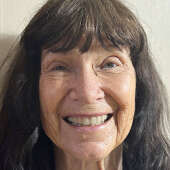




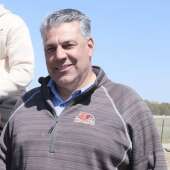
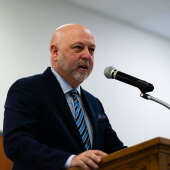
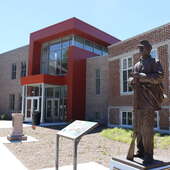




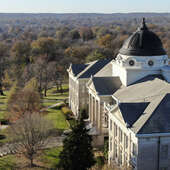






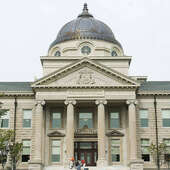
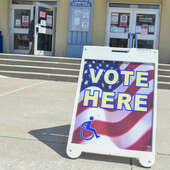








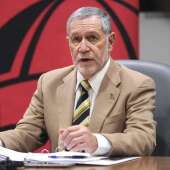

Respond to this story
Posting a comment requires a subscription.